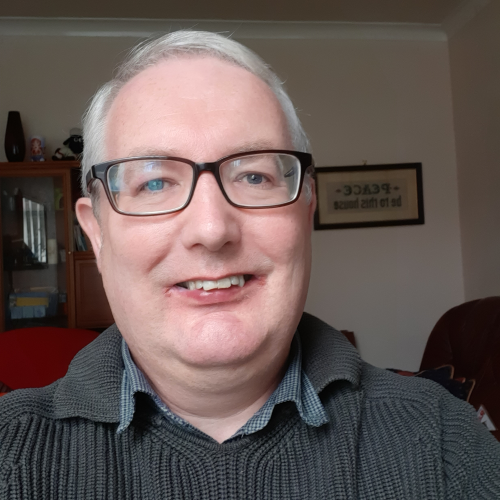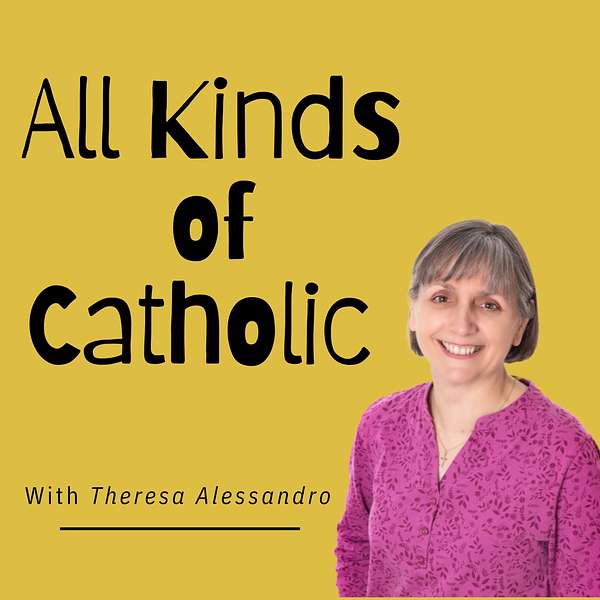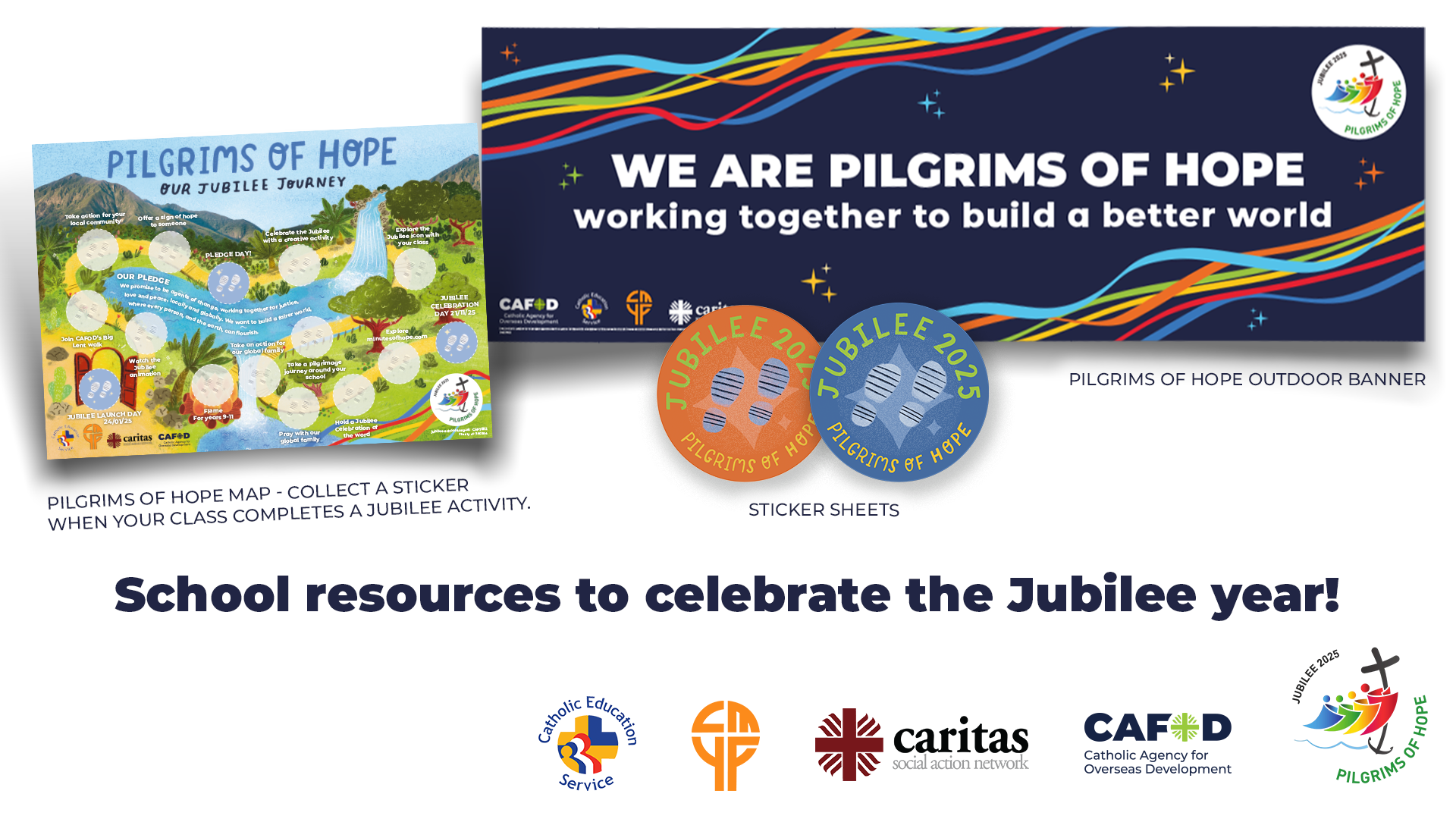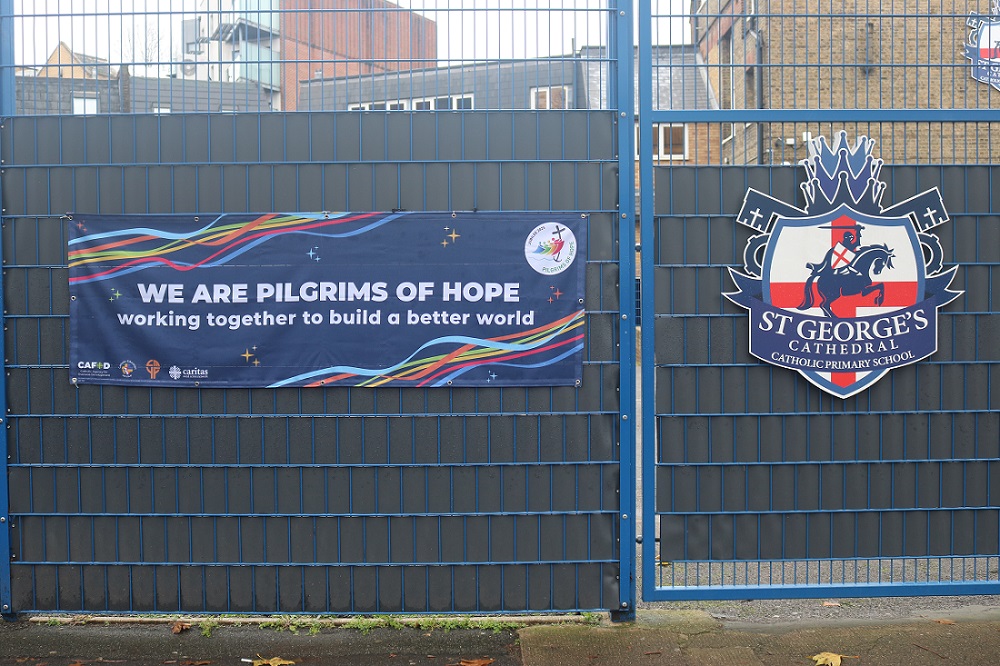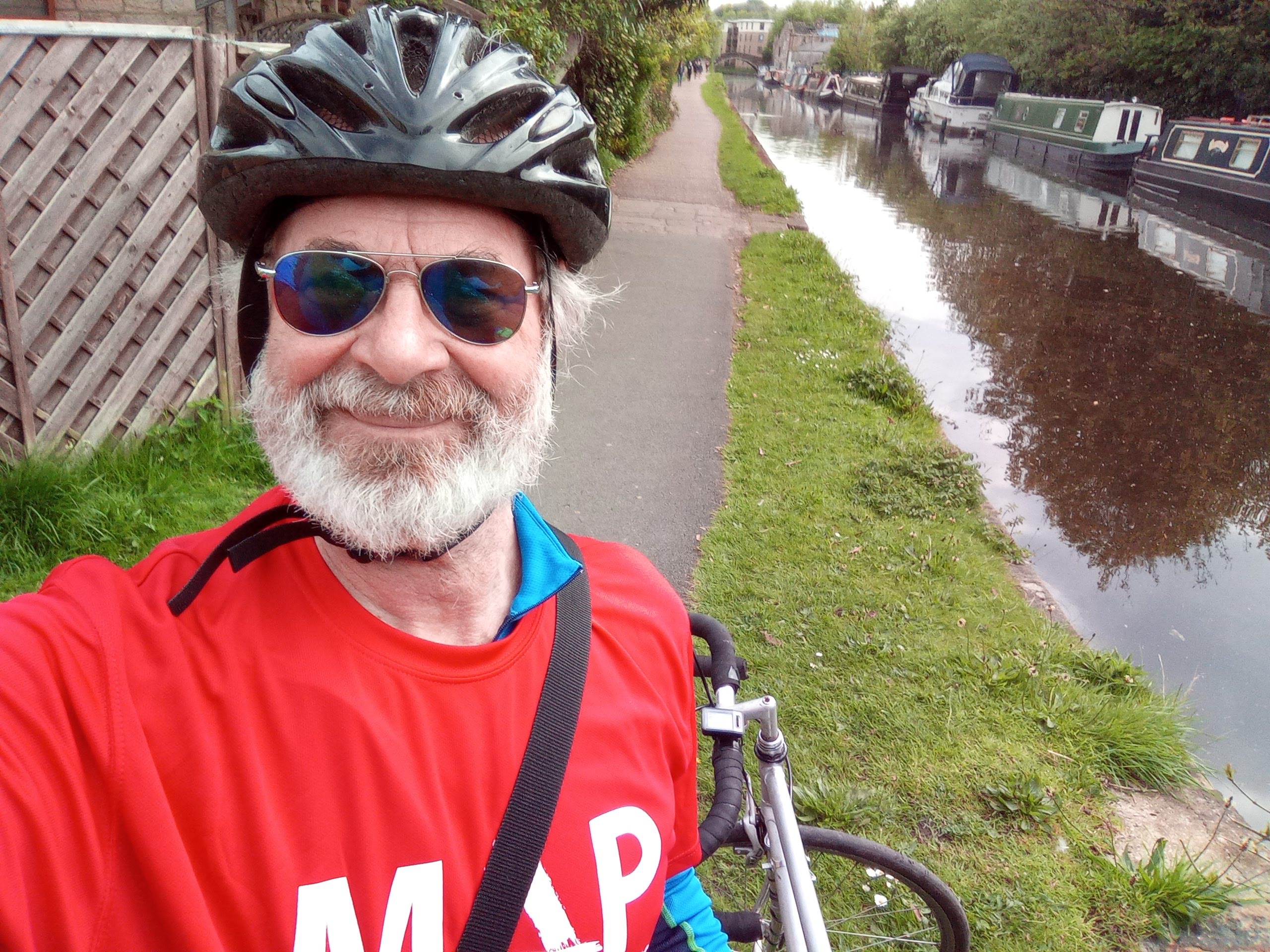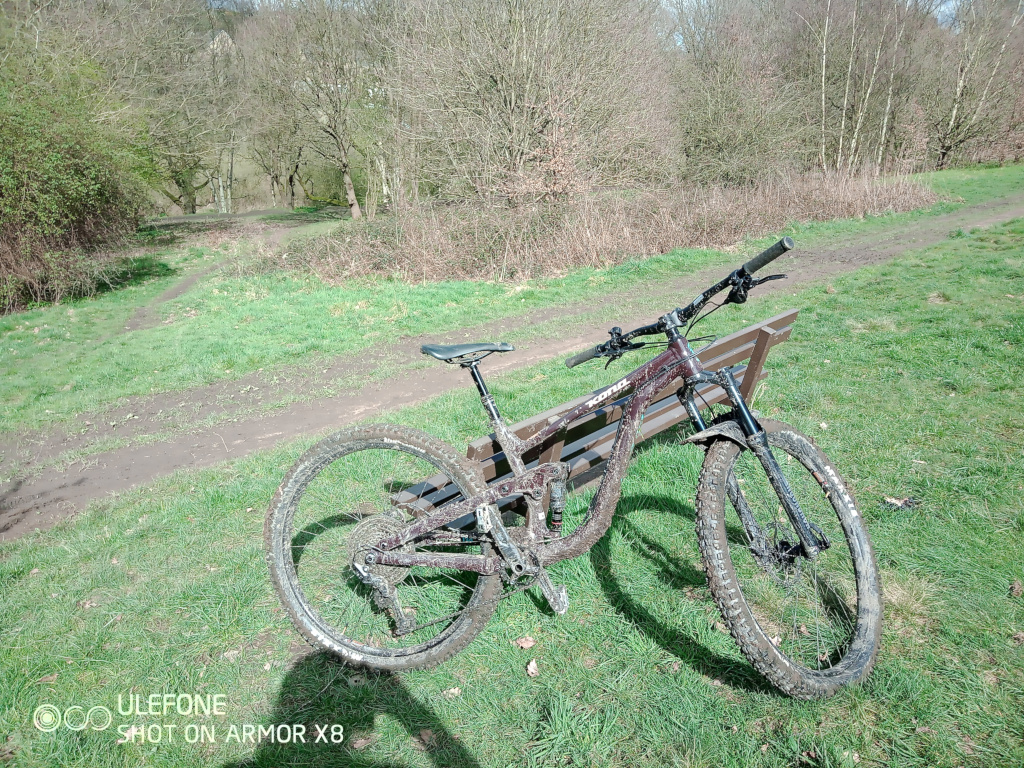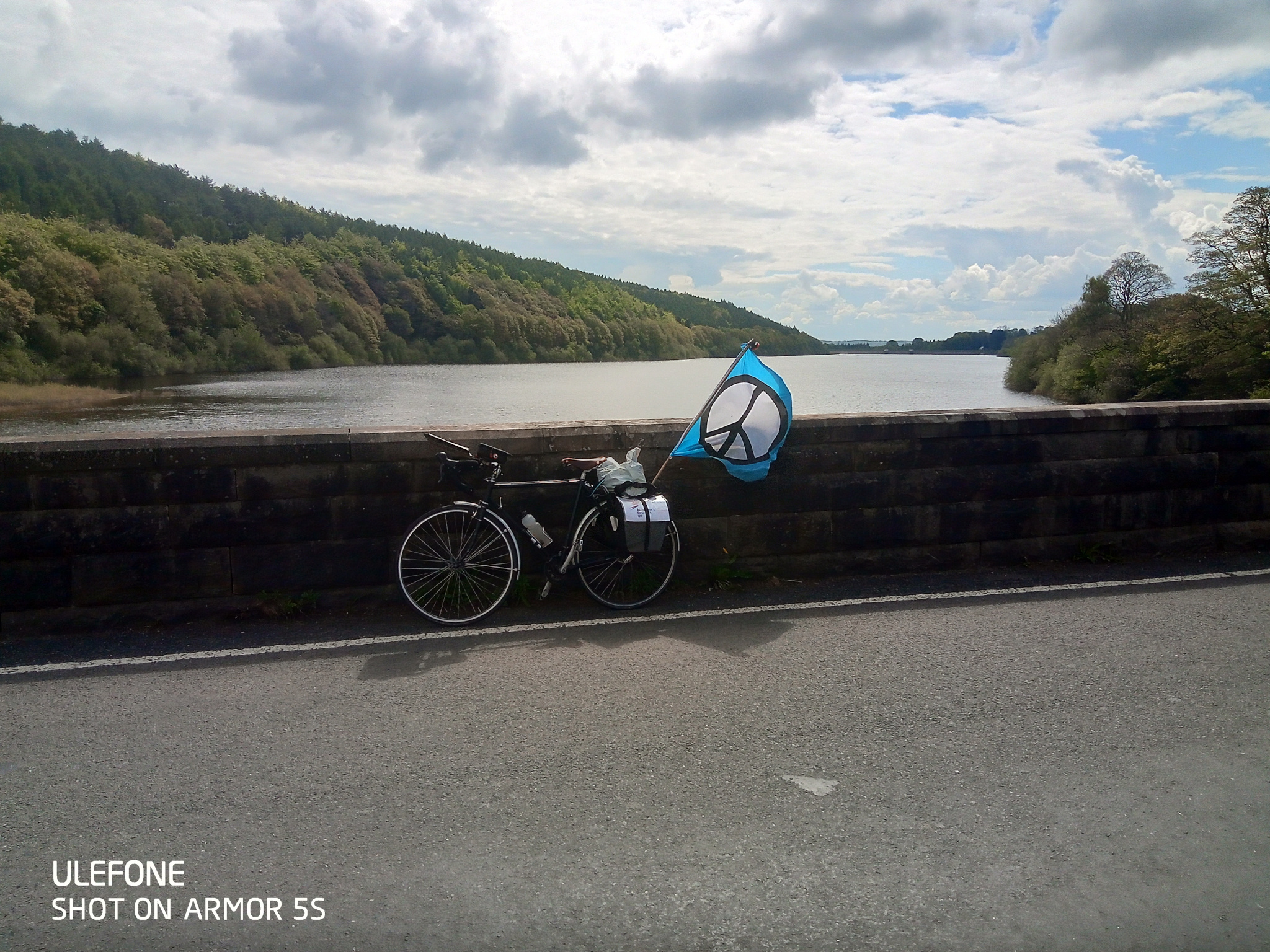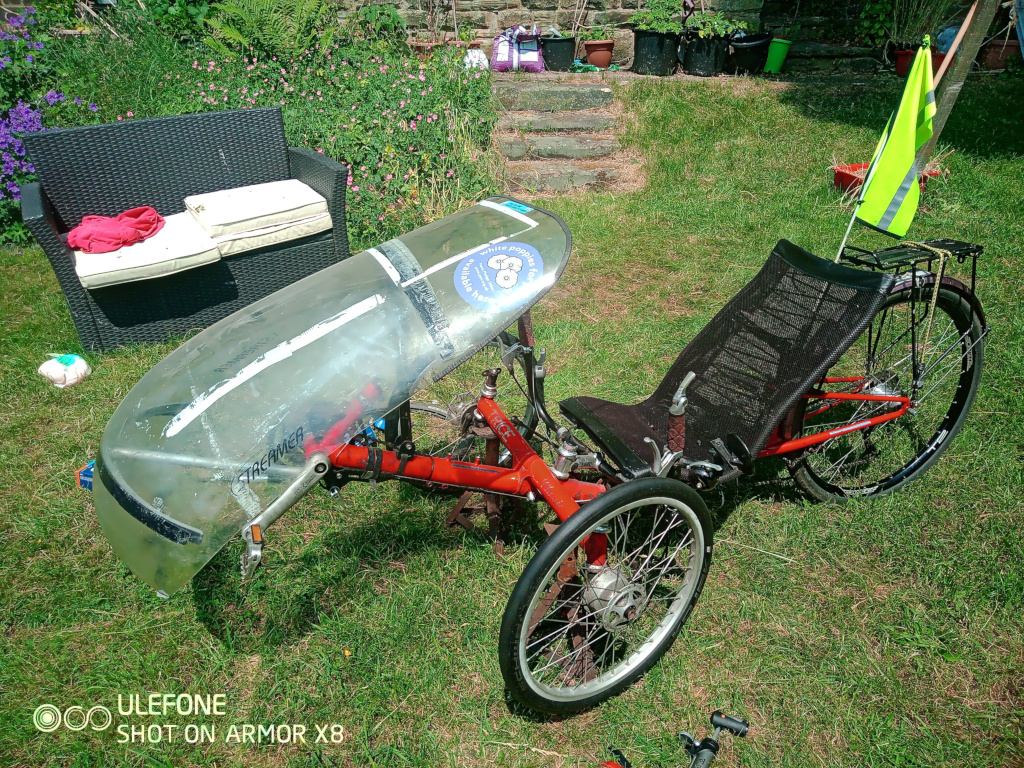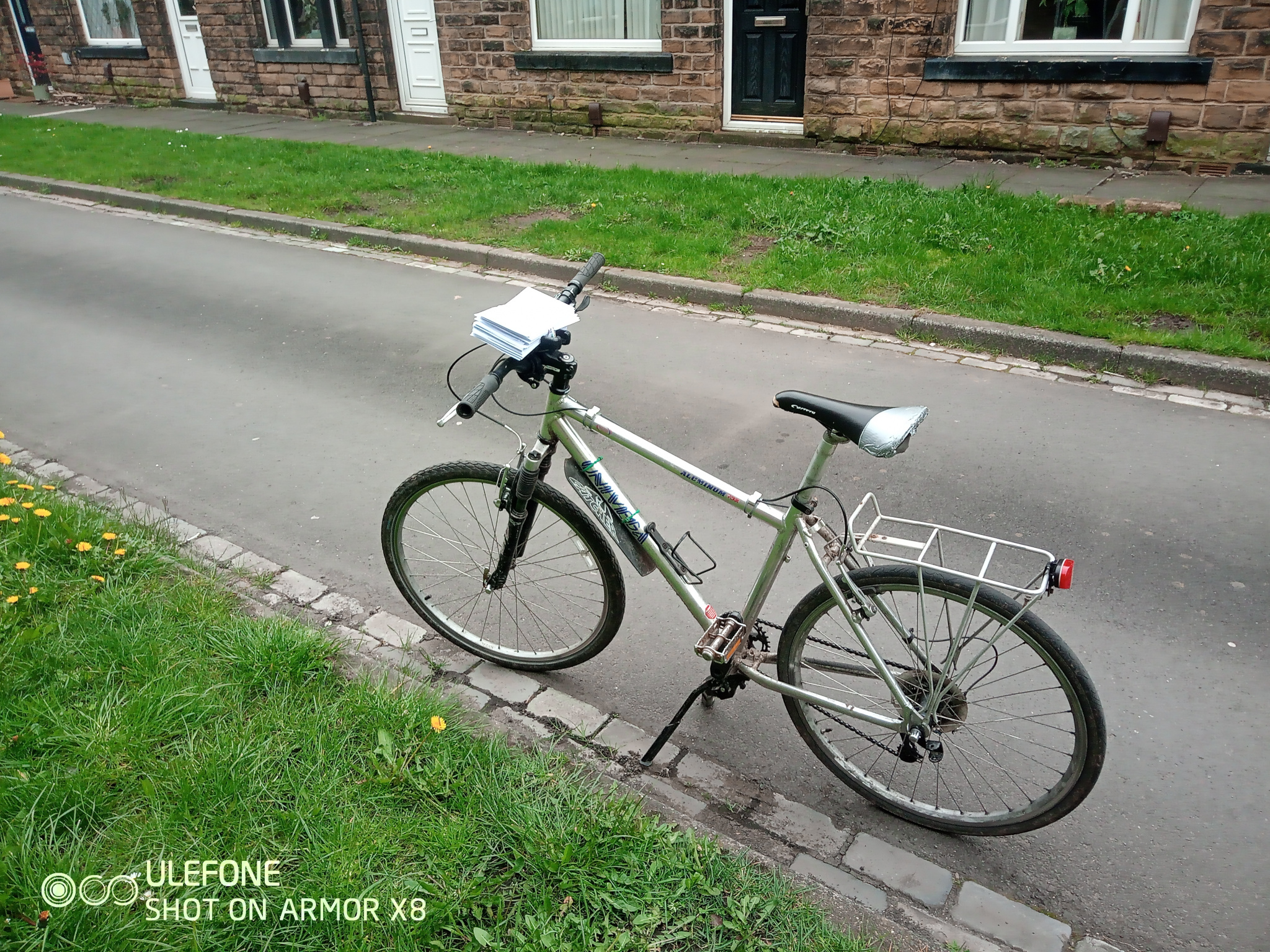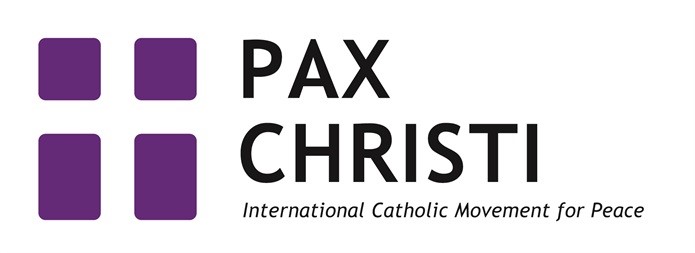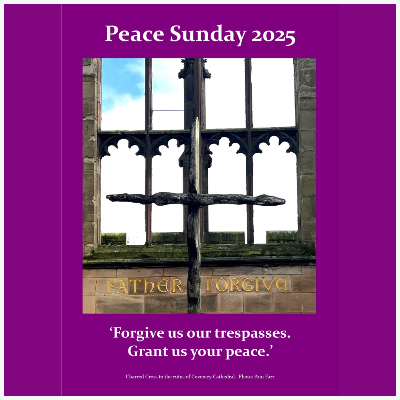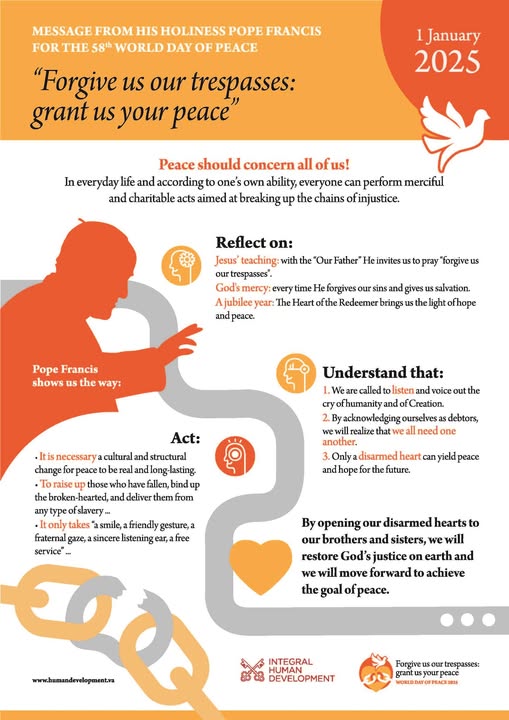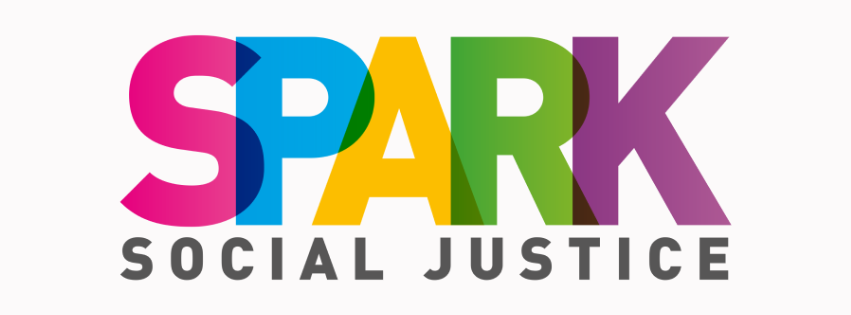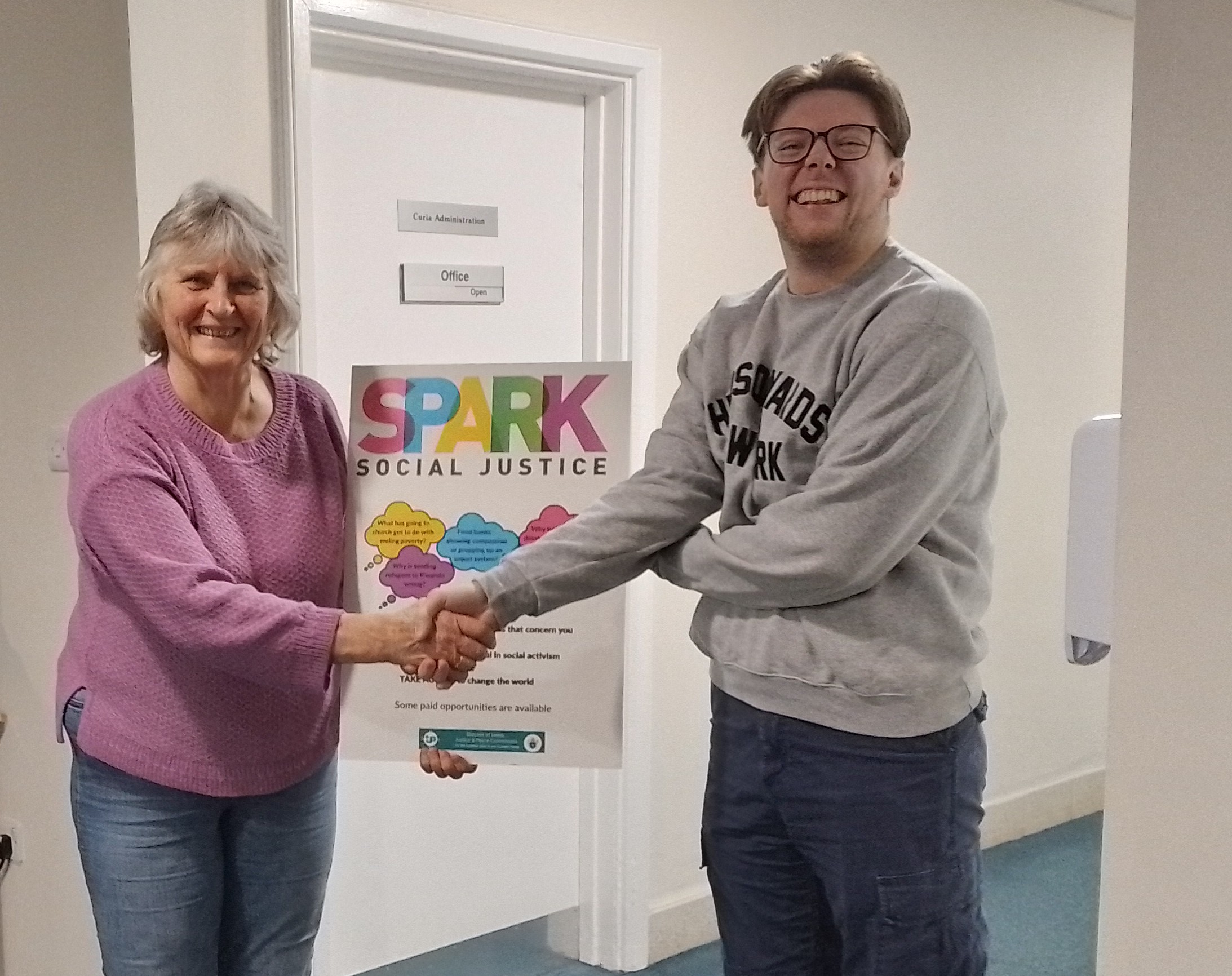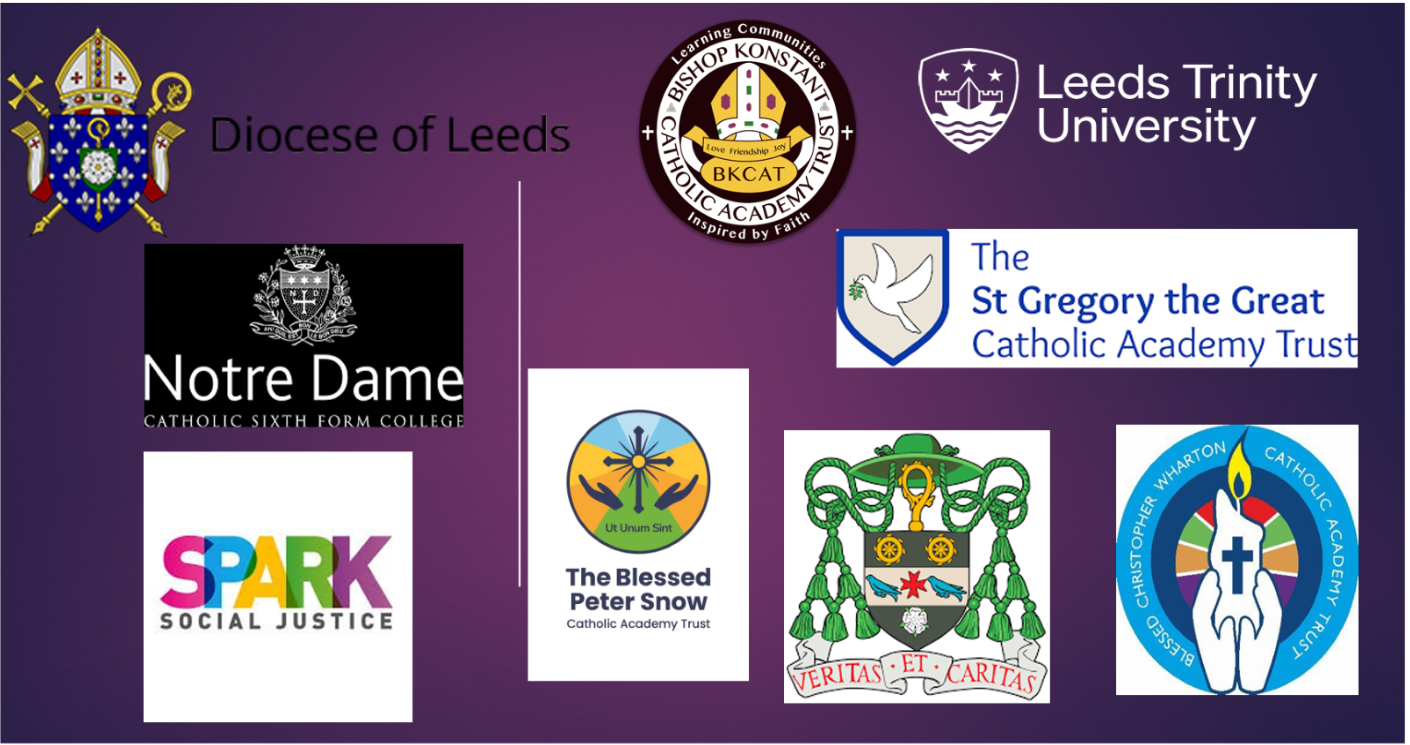14 Jan – Holocaust Memorial Day Citizen’s Commemoration
We have received the following invitation from a group of people from a number of different faith and social activism traditions
Invitation to a Holocaust Memorial Day Citizen’s Commemoration
12-1pm City Square Leeds
Sunday 26th January 2025
Never Again for Anyone.
We are a group of people from a number of different faith and social activism traditions; we have come together out of concern for what we see as a lacuna in the civic preparations for Holocaust Memorial Day.
We invite you to a quiet and respectful gathering to commemorate 80 years since one of the defining events of the 20th Century, the mass extermination of six million European Jews and other minority groups in the Holocaust. We also commemorate the many other genocides committed in modern history, including in Cambodia, Rwanda, Bosnia, and Darfur.
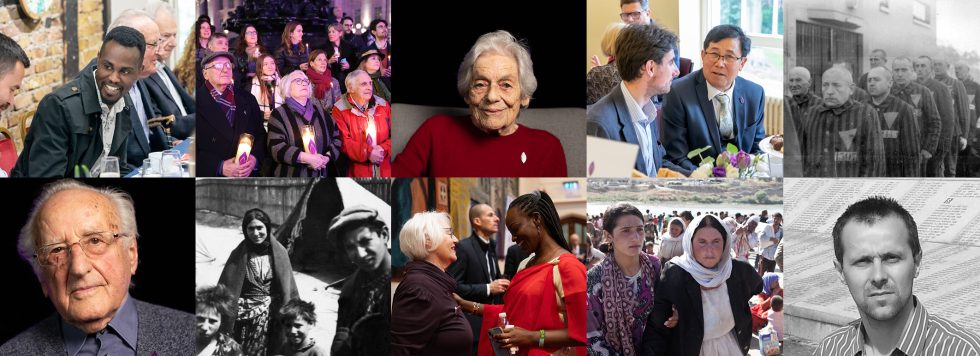
We seek also to bear witness to the ongoing genocide in Gaza.
The Holocaust Memorial Day Trust has made it clear that it does not wish there to be any acknowledgement of the current Israel/Palestine conflict as part of the commemoration, even though 1,200 Israeli lives were taken on October 7th 2023, and over 45,000 Palestinian lives, including those of 17,500 children, have been taken since then, and continue to be taken every day. Numerous reputable Human Rights organisations recognise the attack on Gaza as being genocidal both in intent and in practice.
Leeds City Council and Leeds Arts are putting on an event which follows the guidance of the Holocaust Memorial Trust. There is no mention of Gaza in its list of modern genocides in the publicity for this event.
We honour the Holocaust Memorial Day Trust for continuing to commemorate this profoundly solemn day. We are not seeking to make comparisons between the Holocaust and the attack on Gaza: all genocides are different but all genocides lead to fathomless suffering and loss. We are merely asking Holocaust Memorial Day Trust to acknowledge that a genocide is underway, and that silence is a dangerously inappropriate response.
As people in solidarity with the people of Gaza we say:
“If we had been alive during the Holocaust, and we had known about it, we would have done everything in our power to stop it.”
We ask Leeds City Council, and the Holocaust Memorial Day Trust to do everything in its power to stop the current genocide.
Please join us.

